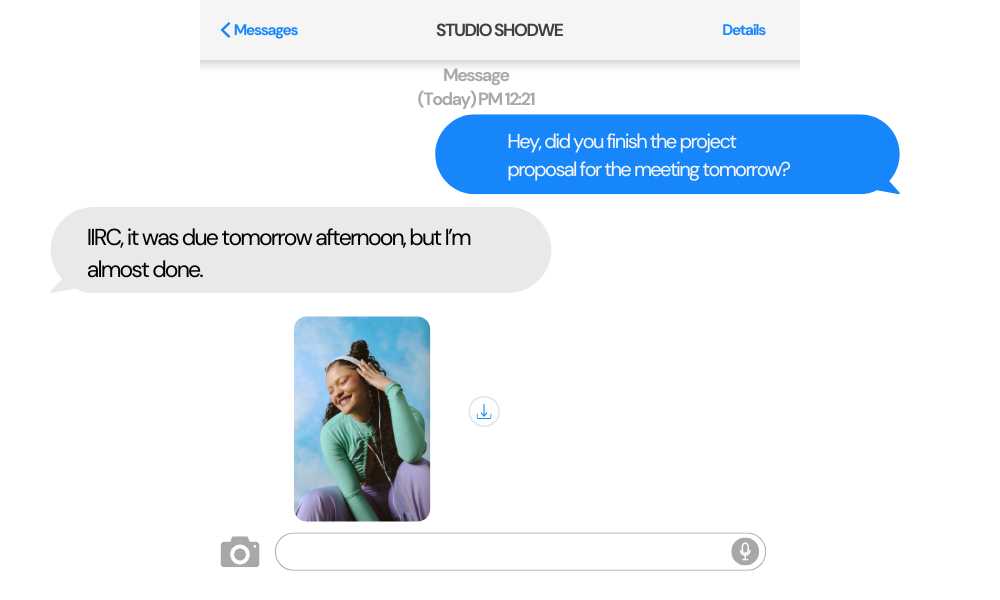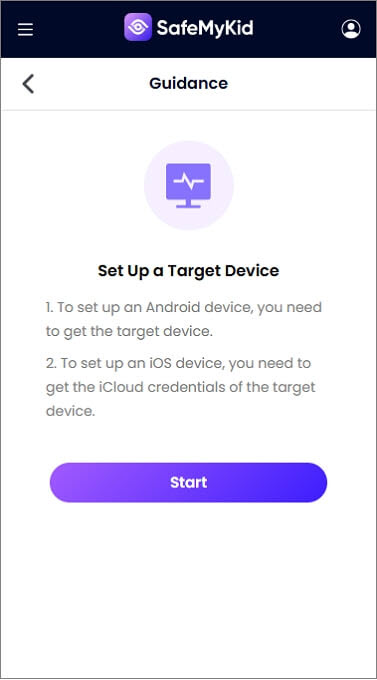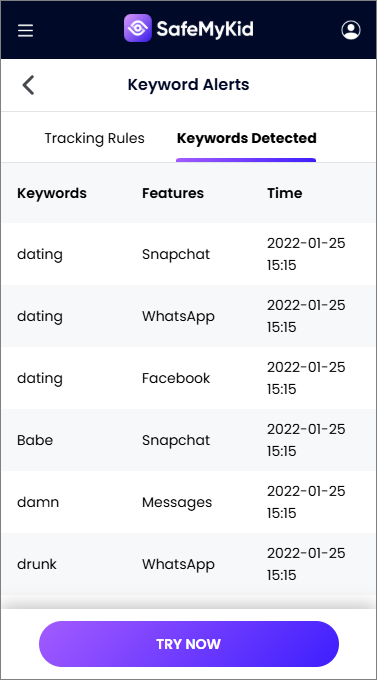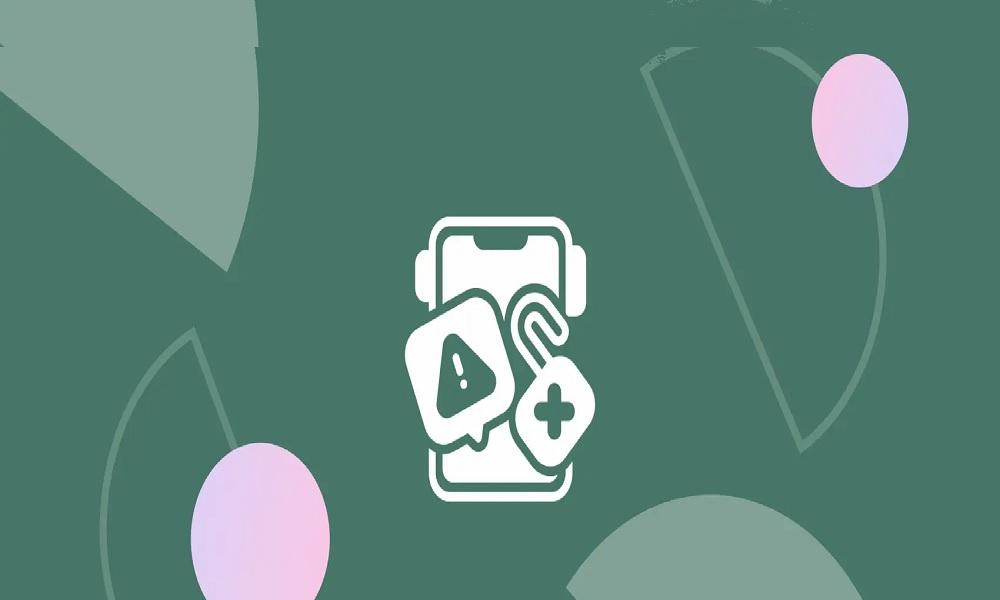What Does IIRC Mean In Text: Usage, Examples, and Parenting Guide

In the ever-evolving world of online communication, new slang and abbreviations emerge almost daily, changing the way we interact with one another. One such acronym that has gained popularity over the years is IIRC. But the question is, what does IIRC mean in text?

This seemingly simple phrase plays an important role in conveying uncertainty and humility in online conversations. IIRC is widely used to qualify statements when the speaker is not entirely sure about the accuracy of their recollections.
In this article, we will explore what IIRC means in text, its use cases, examples, and its significance in parenting.
What Is IIRC Meaning?

The acronym IIRC stands for “If I Recall Correctly” or “If I Remember Correctly.” It’s an informal shorthand used primarily in digital communications like texting, social media, and online forums. In essence, it communicates that the speaker is recalling something from memory, but they are not 100% confident in the accuracy of that recollection.
Since the early days of online chats in the late 1990s, acronyms like IIRC have been essential for reducing the number of characters used while conveying an idea. Today, these abbreviations are commonly found in digital communication across platforms such as Twitter, Facebook, Reddit, and Discord. IIRC reflects the speaker's willingness to acknowledge potential errors in their memory while still contributing to a conversation.
The main use of IIRC is to express a level of uncertainty about a specific detail, offering a more polite way of sharing information when one isn’t entirely sure of the facts. It’s a useful tool in online discussions, where accuracy can sometimes be difficult to confirm immediately.
Other Meanings of IIRC

While IIRC is most commonly understood as “If I Recall Correctly,” it has other meanings and uses depending on the context. Some of the more uncommon meanings include:
- It Is Really Cool: A playful and informal interpretation that might be used in casual conversations, especially among teenagers or in internet subcultures.
- If I Really Cared: This can be used sarcastically, particularly in situations where the speaker doesn’t have a strong attachment or concern for the subject at hand.
- Interactive Illinois Report Card: An educational resource that provides data on Illinois schools, though this is specific to education and not commonly used in everyday internet conversations.
- Internet Information Research Center: This could refer to an online platform or a specialized research organization related to the Internet.
- International Integrated Reporting Council: A global coalition of organizations working to create a framework for integrated reporting.
Despite these alternative meanings, the most widely recognized definition of IIRC remains “If I Recall Correctly,” and its use in casual, digital communication remains dominant
How Is IIRC Used? Use Cases & Examples

Now that we’ve explored the basic meaning of IIRC and some related terms, let’s dive deeper into how this acronym is used in everyday communication. IIRC is flexible in its usage, fitting into many different contexts and tone of voice.
IIRC in Online Conversations
The main purpose of IIRC is to soften the delivery of a statement. It allows the speaker to express uncertainty without sounding definitive, which is especially useful in casual online conversations. Let’s look at some real-life scenarios to understand its application better.
Example 1: Casual Chat Between Friends
Friend 1: I just finished watching The Fellowship of the Ring. The movie was great, but I’m struggling with the book. It’s so slow!
Friend 2: IIRC, Tolkien originally planned for the trilogy to be a single book. His publisher made him split it because it was over 1,000 pages long.
In this example, Friend 2 uses IIRC to preface the information. It’s a polite way of acknowledging that the facts may not be entirely correct but still offering valuable insight based on their memory.
Example 2: Workplace Communication
Coworker 1: I can’t make the meeting tomorrow. Is that okay?
Coworker 2: IIRC, Thursday’s meeting is mandatory, but you might want to double-check with Lisa.
Here, Coworker 2 is using IIRC to share information while leaving room for correction. It’s a way to acknowledge that they’re not entirely sure of the details but want to provide a helpful suggestion.
Example 3: Social Media Usage
On Reddit: User 1: Does anyone remember the name of the paper we read in class last semester?
User 2: IIRC, the paper was called How Society Works. Does that sound right?
In this example, IIRC is used to preface a possible answer. The speaker is offering a suggestion but acknowledges that their memory could be mistaken.
How to Talk with Your Child About The Use of IIRC
With the rise of online slang, it’s not uncommon for children and teenagers to use abbreviations like IIRC in their conversations. While these terms are generally harmless, it’s important for parents to have open conversations with their children about the meaning and usage of these terms. Understanding how to navigate this new digital language can help maintain trust and clear communication.
Talking to Your Child About Slang
When introducing your child to internet slang, try to approach the topic with curiosity and open-mindedness. Here are some conversation starters that might help ease the dialogue:
- “What new words are you using with your friends online?” Starting the conversation in a non-judgmental way invites your child to share their experiences and terminology with you. By showing interest, you help foster trust and communication.
- “When I was your age, we used to say something was ‘the bomb’ if it was awesome. What’s your favorite way to describe something cool?” Comparing your own experiences with your child’s allows for a light-hearted, mutual understanding. You can introduce them to terms from your own youth while learning their current favorites.
- “I’ve noticed that you sometimes use abbreviations like IIRC. Can you explain when you would use that?” Discussing specific terms gives you the opportunity to gauge your child’s understanding of them and ensure they know when to use them appropriately.
How to Receive Slang Alters? Try SafeMyKid
As slang continues to evolve, so too does the potential for new risks and concerns in the digital world. Parents can feel confident using SafeMyKid to track their children’s online activity and receive alerts concerning interactions or slang usage. SafeMyKid provides detailed insights into your child’s online communication, alerting you to any inappropriate slang or potential threats.
With features like real-time alerts, social media monitoring, and text message analysis, SafeMyKid ensures that you stay ahead of potential risks. By tracking your child’s use of slang like IIRC and more serious terms, you can better understand their online behavior and address any concerns in a timely manner.
Key Features of SafeMyKid
Here are some of the standout features that make SafeMyKid a top choice for parents:
- Discreet Monitoring: SafeMyKid works silently in the background, so your child won’t know they’re being monitored. This feature ensures that you can keep track of their online behavior without invading their privacy or causing tension.
- Detailed Usage Reports: You’ll receive detailed reports of all internet usage on your child’s device. This includes blocked websites, browsing history, and app usage.
- Website Blocking: One of the most powerful features of SafeMyKid is the ability to block specific websites. You can set up a list of websites you want to restrict access to, and SafeMyKid will prevent your child from visiting them.
- Social Media Monitoring: SafeMyKid gives you access to your child’s social media activities. Whether it’s Facebook, Instagram, Snapchat, or WhatsApp, you can keep an eye on their social interactions and messages.
- Text and Call Tracking: You can monitor your child’s text messages, including deleted conversations, and track their call logs, including details like call duration and contacts.
- GPS Location Updates: SafeMyKid lets you track your child’s real-time location, giving you peace of mind about where they are and whether they are safe.
- App Usage: The app also provides insights into the apps your child is using, allowing you to block or monitor specific apps that may be inappropriate for their age.
How to Check IIRC in Texts: Step-by-Step Guide
Setting up SafeMyKid is quick and easy, and you don’t need to be a tech expert to do it. Below, we’ve outlined the simple steps to get you started with monitoring your child’s online activity.
Step 1. Sign Up and Create an Account
First, you need to create an account with SafeMyKid. You’ll use your email address to sign up.

Step 2. Set Up SafeMyKid on Your Child’s Device
For iOS Devices:
There’s no need to install any app. Simply sign in using your iCloud credentials, and the app will automatically sync with the device.
For Android Devices:
For Android users, the process is slightly different. You’ll need to download the SafeMyKid app from the Google Play Store and install it on your child’s device.

Step 3. Begin Monitoring Their Activity
Once SafeMyKid is set up on your child’s device, you can begin monitoring their activity. The app comes with a user-friendly dashboard where you can track their location, view internet usage, and manage the list of blocked websites.

Alternative Online Slang Similar to IIRC
Beyond "IIRC," digital conversations are full of other shorthand phrases that serve similar functions. These abbreviations help users communicate uncertainty, recall information, or soften statements.
| Abbreviation | Meaning | Usage Example |
|---|---|---|
| AFAIK | As Far As I Know | "AFAIK, the meeting is still scheduled for 3 PM." |
| IMO/IMHO | In My Opinion / Humble Opinion | "IMHO, that was the best movie of the year!" |
| FWIW | For What It’s Worth | "FWIW, I think your idea could work with some tweaks." |
| TBH | To Be Honest | "TBH, I didn't like that restaurant much." |
| IDK | I Don't Know | "IDK if I'll be free tomorrow—I'll check my schedule." |
These abbreviations help maintain politeness and encourage open discussions in digital communication. Parents looking to monitor slang usage can use tools like SafeMyKid to stay aware of new trends in their children’s online interactions.
FAQs About IIRC Meaning: Usage, Examples, and Parenting Guide
To help clarify any doubts about the use of "IIRC" and how it relates to parenting, we’ve compiled the following frequently asked questions. These answers will guide you in understanding the acronym’s meaning, its appropriate usage, and how it fits into conversations, particularly for parents looking to monitor their children’s digital language.
1. Can I use IIRC in professional settings?
While IIRC is widely accepted in casual communication, it is not recommended for formal settings, such as business emails or professional reports. In those contexts, it’s better to express uncertainty in full sentences to maintain clarity and professionalism, such as: "According to my recollection, the meeting is at 3 PM tomorrow, but I will confirm to be sure."
2. How can I help my child understand slang like IIRC?
As slang terms like IIRC become more popular, it’s essential to have open conversations with your children about their meanings and usage. Start by asking questions like:
"What new words are you using online?" This fosters a dialogue where your child feels comfortable explaining their use of terms and allows you to guide them on when and where such language is appropriate.
3. Should I be concerned if my child uses IIRC?
Generally, IIRC is harmless and commonly used in casual conversations. However, as a parent, you should monitor your child's digital language usage to ensure they are using it appropriately. Tools like SafeMyKid can help track online behavior and flag any concerns related to slang usage, offering real-time alerts on potentially inappropriate language.
4. Is there a way to block specific slang or websites on my child’s device?
Yes, SafeMyKid offers the ability to block certain websites and track your child’s online usage, including social media and text communications. You can also set up alerts to be notified when specific terms or phrases, such as slang, are used in conversations.
5. What should I do if I find my child using slang inappropriately?
If your child uses slang like IIRC inappropriately, it's essential to have a calm and open discussion about digital language and its proper use. Explain the context in which certain slang is acceptable and ensure they understand when it’s inappropriate.
Conclusion
Now that you know the answer to “What does IIRC mean in text”. The use of acronyms like IIRC has become an integral part of online communication. Whether used in casual chats, professional discussions, or on social media platforms, IIRC helps convey uncertainty or humility in a conversation.
Parents should educate their children about these abbreviations and have open conversations about digital slang, ensuring that they are safe and responsible online. By using tools like SafeMyKid, parents can monitor their children’s online behavior and ensure they are using language in a positive and appropriate way.


